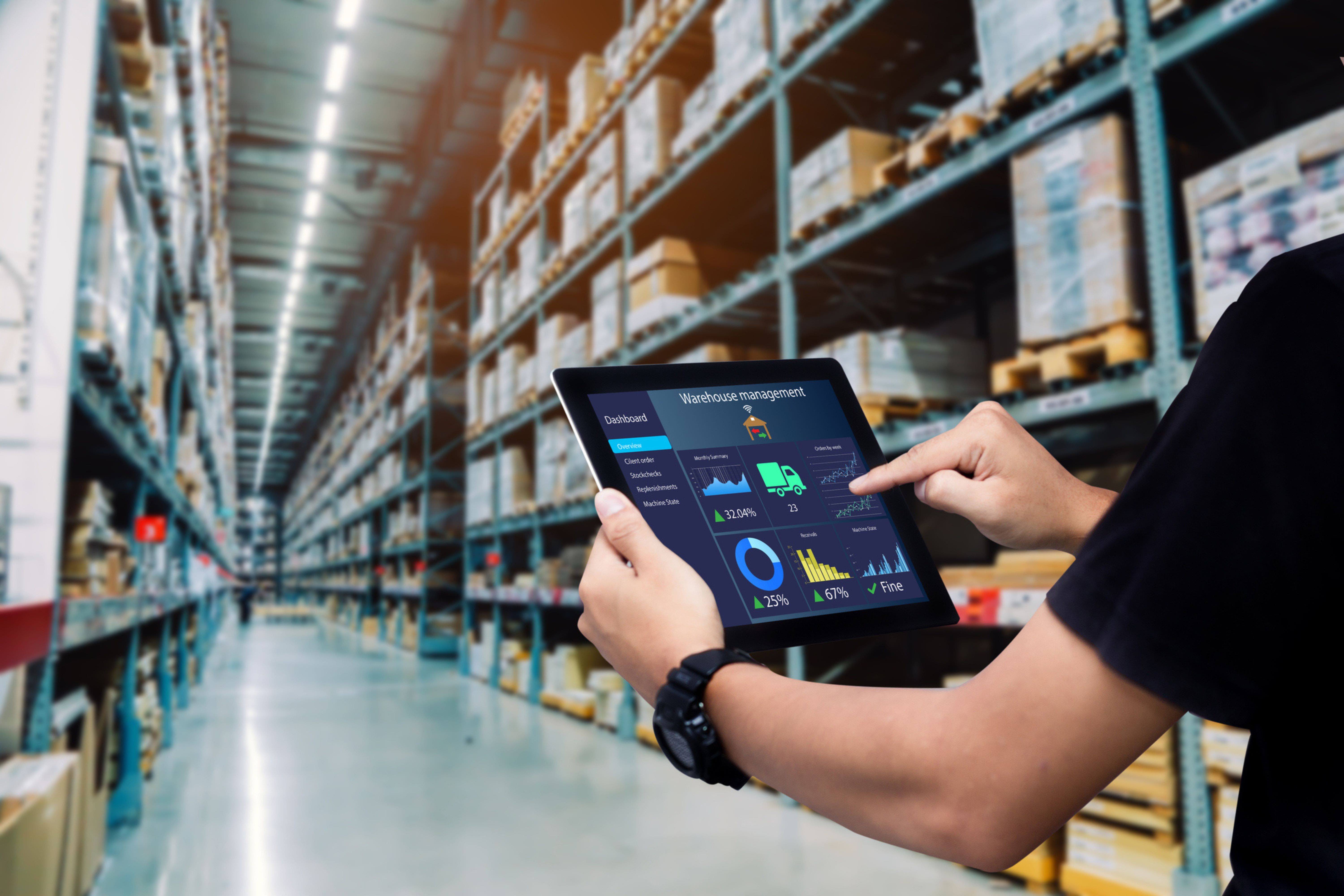
Latest information

A boost for advanced and sustainable logistics in Galicia
The logistics sector is key to opening up trade, improving competitiveness and the economic growth of Galicia's industrial sector. With the aim of boosting it and contributing to its modernisation, the Xunta, via the Galician Institute for Economic Promotion, launched a pioneering support programme aimed specifically at advanced and sustainable logistics projects.
This is a pioneering initiative that helps SMEs and the self-employed to implement solutions for storing and transporting raw materials, components, semi-finished products and end products, reducing costs and delivery times, as well as environmental impact.
A total of 21 projects will be supported under this first call for proposals, which was recently resolved, and will raise 1.5 million euros.
Among other initiatives, the new programme will support the implementation of initiatives focused on digitisation and automation, making it possible to automate logistics processes, implement autonomous vehicles, use alternative means of supply and distribution in historic city centres or places that are difficult to access, or geolocation and sensorisation to control the location of loads, containers and means of transport.
Also supported are proposals linked to processes and applications, such as the implementation of reverse logistics processes and/or recovery or recycling of packaging materials; and projects linked to data analytics that enable the application of virtual and augmented reality in logistics processes or monitoring and proposals for reducing the carbon footprint during the transport and distribution of goods.
The support, on a competitive basis, covers up to 35% of investments for small companies and 25% for medium-sized companies, as well as 50% of the costs of external partnerships, with a maximum subsidy limit of 100,000 euros for individual initiatives, and 100,000 euros multiplied by the number of companies in collective projects.
With the possibility of requesting advances of up to 50%, the expenses cover partnerships of a technological or organisational nature technical assistance, adaptation and parameterisation of solutions, consultancy and services directly related to the execution of the project-; acquisition of standard software or licences for the use of industrial property; new tangible or intangible investments acquired in property; and project coordination expenses.